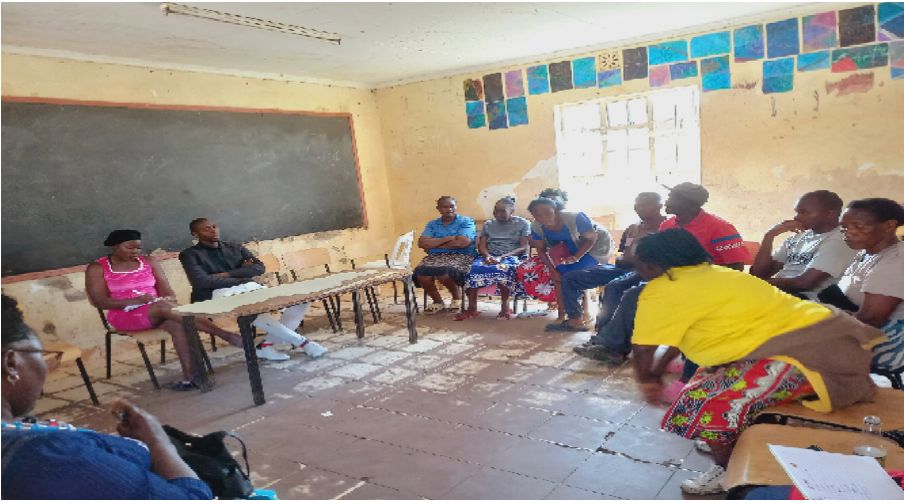At SDI Kenya, we believe that the voices of those closest to the challenges of urban slum living are essential to shaping inclusive cities. This blog serves as a platform where staff, community members, and partners collaborate to share diverse perspectives — covering pressing issues, showcasing transformative initiatives, and highlighting innovative research that drives our mission.
From grassroots-led solutions to climate resilience to the power of data in advocacy, our posts reflect the lived experiences, expertise, and collective efforts shaping a brighter future for Kenya’s urban communities. Dive in to explore the stories that inspire action and amplify the voices of change-makers on the ground.

Today, despite obstacles, Kibera is a hub of resilience and creativity, with communities—particularly the youth—actively working to address issues like housing, climate change, and social inequality through initiatives like artivism.

This heartfelt letter honors mental health champions and advocates across Kenya, celebrating their tireless efforts to reduce stigma, create safe spaces, and support communities, especially in informal settlements, while encouraging them to continue turning awareness into meaningful action.

On April 21, 2025, Mukuru Tabasamu Cafe held its first session on mental health and climate change under Race to Resilience, creating a safe space for the community to share, learn, and build resilience in the face of climate-related challenges.

From Obungato Nyalenda, witness how these waste warriors are turning plastic into purpose and dignity, all while contributing to environmental sustainability. With support from Shack Dwellers International under the Voices for Just Climate Action (VCA) initiative, this grassroots movement proves that community-led efforts can create cleaner, greener cities.

The Resilient Planet Initiative (RPI) app bridges knowledge gaps by digitally connecting communities in informal settlements. It enables peer-to-peer exchange of climate solutions, real-time hazard insights, and funding opportunities empowering local resilience through co-created, tech-driven innovation.

The 28th anniversary of Muungano wa Wanavijiji was a powerful testament to youth leadership in shaping urban futures. Held on December 6, 2024, in Mathare, the festival brought together over 1,000 participants from informal settlements across Kenya, highlighting the critical role young people play in climate action, advocacy, and community-driven solutions.

Muungano wa Wanavijiji, SDI Kenya, and WIRE unite to empower women in informal settlements through co-designed housing, climate-resilient solutions, and advocacy. Together, they amplify women’s voices, bridge knowledge gaps, and drive equitable urban development one home, one community, one empowered woman at a time.

SDI Kenya and Nairobi County Government Sign MOU to Enhance Refugee Integration, Promoting Economic Opportunities, Social Cohesion, and Access to Basic Services in Urban Settings, Fostering Inclusive Communities and Shared Humanity

In Loitoktok, Kajiado County, a women’s group is transforming lives through resilience and innovation. With support from the Next Level Grant Facility under Voices for Just Climate Action, they’ve expanded urban farming and beekeeping, proving the power of collective action in climate adaptation and economic empowerment.

SDI Kenya’s participation at ICUH 2024 reinforced the power of community-led solutions in shaping resilient, inclusive cities. Key takeaways included the role of participatory data, youth-led urban planning, and cross-sector collaboration in addressing climate adaptation and urban equity.
Join our newsletter to stay up to date on news and projects.
By subscribing you agree to our privacy policy and provide consent to receive updates from our organization.